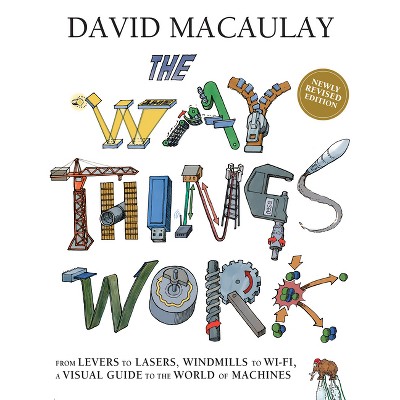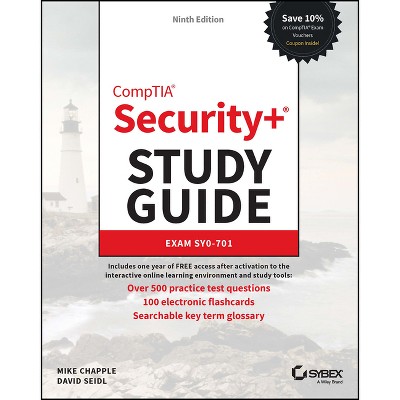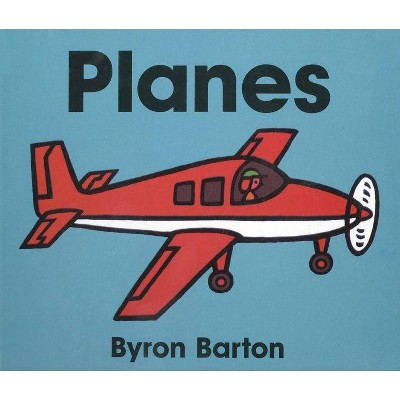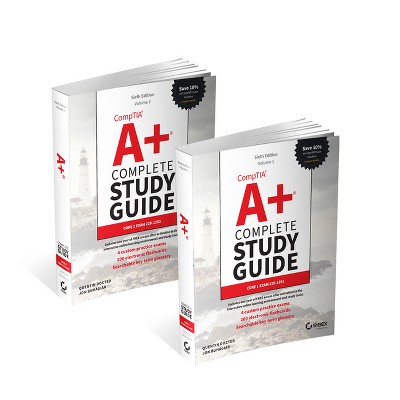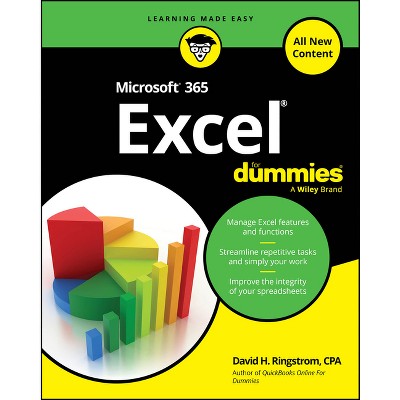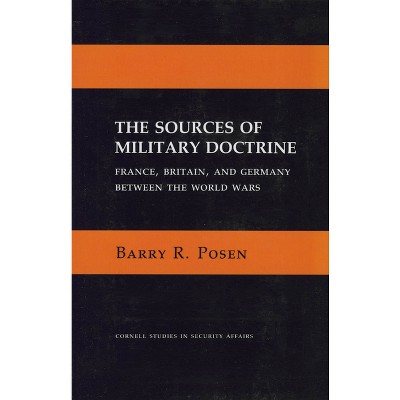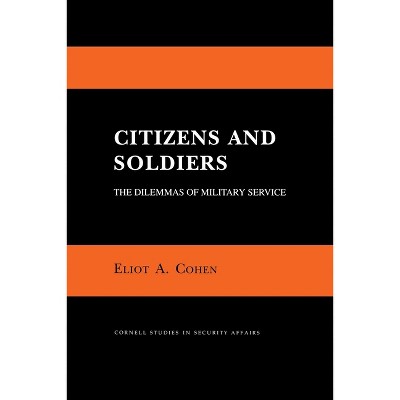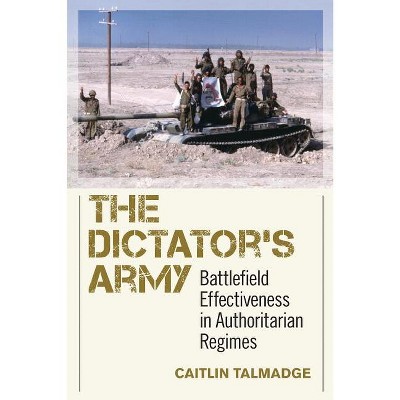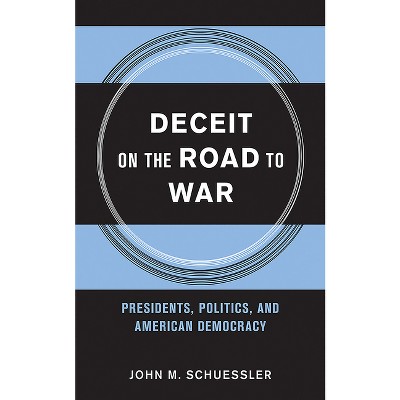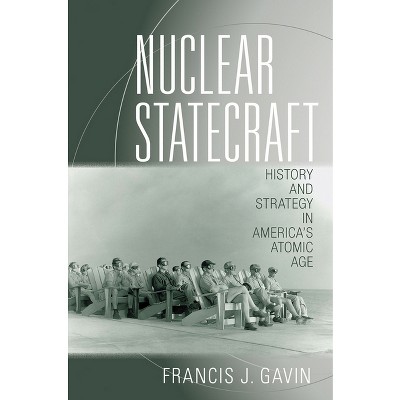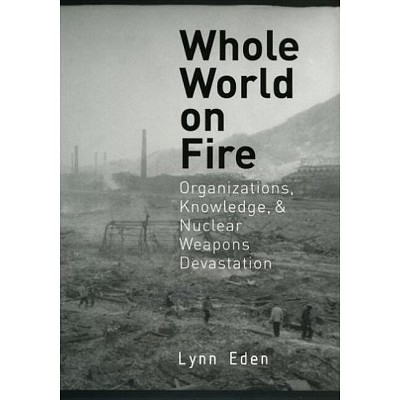Sponsored

Bombing to Win - (Cornell Studies in Security Affairs) by Robert A Pape (Hardcover)
In Stock
Sponsored
About this item
Highlights
- From Iraq to Bosnia to North Korea, the first question in American foreign policy debates is increasingly: Can air power alone do the job?
- About the Author: Robert A. Pape is Associate Professor of Political Science at the University of Chicago.
- 408 Pages
- Technology, Military Science
- Series Name: Cornell Studies in Security Affairs
Description
About the Book
In this now-classic work of the theory and practice of airpower and its political effects, Robert A. Pape helps military strategists and policy makers judge the purpose of various air strategies, and helps general readers understand the policy debates.
Book Synopsis
From Iraq to Bosnia to North Korea, the first question in American foreign policy debates is increasingly: Can air power alone do the job? Robert A. Pape provides a systematic answer. Analyzing the results of over thirty air campaigns, including a detailed reconstruction of the Gulf War, he argues that the key to success is attacking the enemy's military strategy, not its economy, people, or leaders. Coercive air power can succeed, but not as cheaply as air enthusiasts would like to believe.Pape examines the air raids on Germany, Japan, Korea, Vietnam, and Iraq as well as those of Israel versus Egypt, providing details of bombing and governmental decision making. His detailed narratives of the strategic effectiveness of bombing range from the classical cases of World War II to an extraordinary reconstruction of airpower use in the Gulf War, based on recently declassified documents. In this now-classic work of the theory and practice of airpower and its political effects, Robert A. Pape helps military strategists and policy makers judge the purpose of various air strategies, and helps general readers understand the policy debates.
From the Back Cover
Can air bombardment break the morale of an enemy and force it to capitulate or does it strengthen the enemy's determination to resist? In the first major book since the Vietnam War on the theory and practice of airpower and its political effects, Robert A. Pape helps policy makers judge the purpose of various air strategies, and helps general readers understand the policy debates. Pape examines the air raids on Germany, Japan, Korea, Vietnam, and Iraq as well as those of Israel versus Egypt, providing details of bombing operations and governmental decision making. His detailed narratives of the strategic effectiveness of bombing range from the classical cases of World War II to an extraordinary reconstruction of airpower use in the Gulf War, based on recently declassified documents. Pape argues convincingly that airpower is no "magic bullet" nor a way to win inexpensively. His conclusions will provoke debate from the highest military circles to the armchair generals in academia and Congress and have ramifications for questions from defense budget cuts to international policy in Bosnia. The wealth of systematically collected evidence should be a source of scholarly debates for years to come.Review Quotes
Bombing to Win is a critically important book.
-- "Naval War College Review"Robert Pape argues comprehensively and convincingly that in 75 years, strategic bombing of civilians has had no effect on the war aims of their governments.... His contribution is well-grounded in massive scholarship, but its value lies more in the demolishing persistent misconceptions than in the provision of new insights for the future of air-power.
-- "Survival"This excellent work is highly recommended as an antidote to the air power hyperbole so often encountered after the Gulf War.
-- "Non-Offensive Defence and Conversion Newsletter"About the Author
Robert A. Pape is Associate Professor of Political Science at the University of Chicago.

